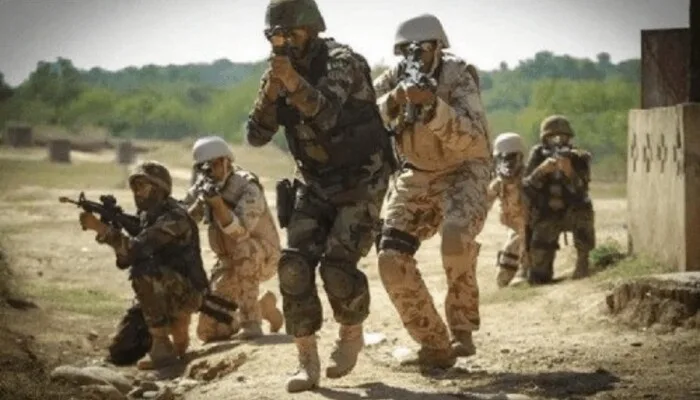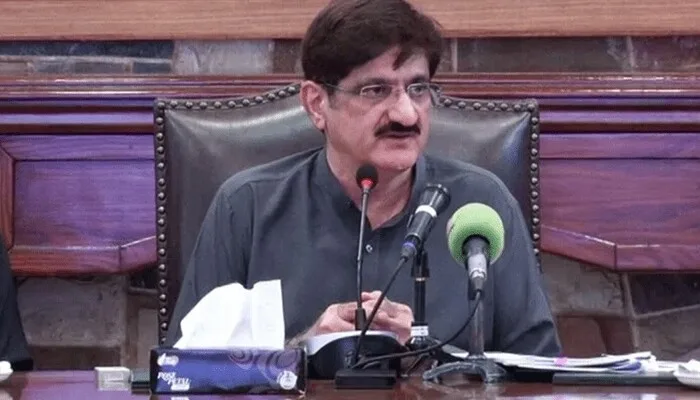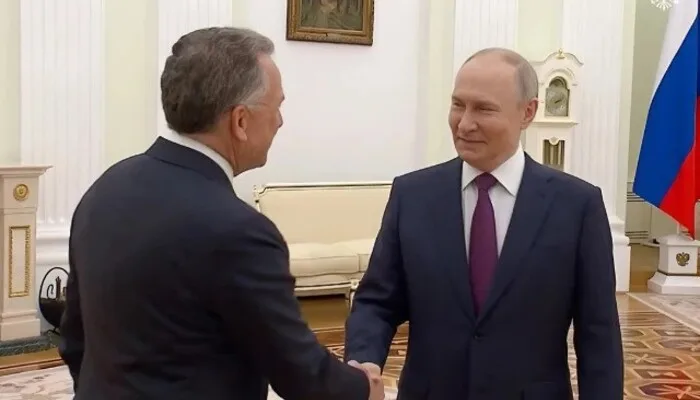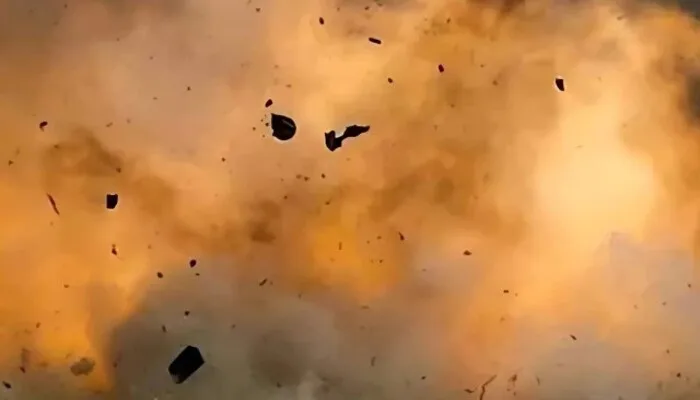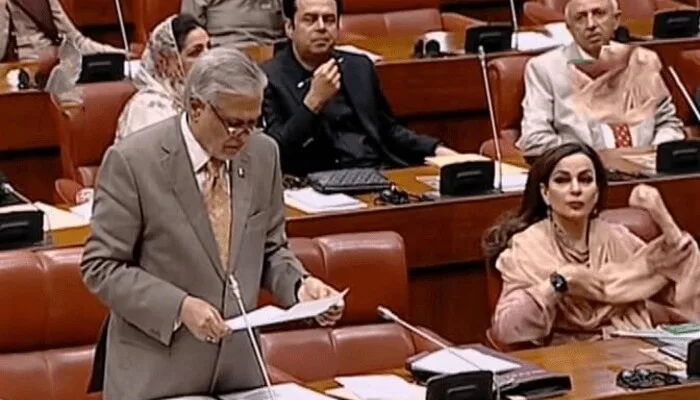Israel Delays Ceasefire Vote as Gaza Attacks Escalate
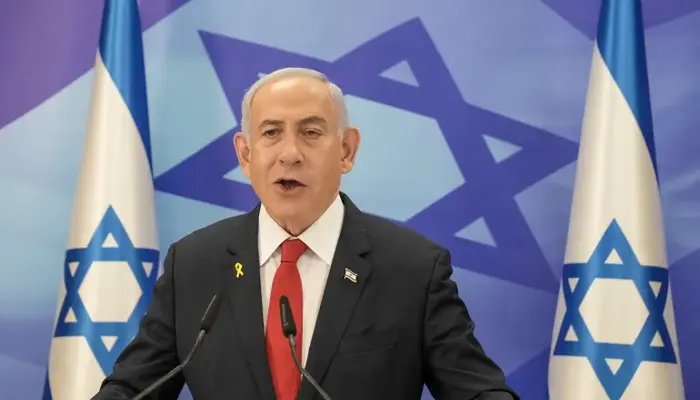
Israeli Prime Minister Benjamin Netanyahu has delayed the cabinet vote on the highly anticipated ceasefire deal, citing last-minute disputes with Hamas. The agreement, initially set to take effect on January 19, has sparked both hope and intensified conflict in Gaza. Since the announcement, Israeli airstrikes have killed at least 81 Palestinians, with Gaza’s Health Ministry reporting a significant number of women and children among the casualties.
Ceasefire Deal Hits Roadblocks
The ceasefire agreement, brokered with the involvement of Qatar and the United States, was expected to bring relief to Gaza and Israel. However, Netanyahu accused Hamas of reneging on key terms, creating a “last-minute crisis.” As a result, the Israeli cabinet meeting to ratify the deal has been postponed. Netanyahu stated that the cabinet would only convene once mediators confirm Hamas’s acceptance of all terms.
Despite the setback, international mediators, including Israel’s Mossad chief David Barnea, remain in Doha to resolve disputes. Hamas, meanwhile, has denied accusations of backtracking, asserting its commitment to the deal.
Read: Ceasefire Deal Spurs Humanitarian Aid to Gaza
Humanitarian Crisis Worsens
In the wake of the delayed agreement, Israeli forces have intensified attacks across Gaza. Among the dead are at least 20 people killed in an airstrike on Jabalia city. Many remain trapped under rubble, and hospitals are overwhelmed with casualties. Zaher al-Wahedi of Gaza’s Health Ministry reported that half of the fatalities are women and children.
The humanitarian crisis in Gaza continues to deteriorate. The World Health Organization (WHO) has facilitated the evacuation of 12 critical patients to Europe for specialized medical care, emphasizing the urgent need for sustained ceasefire efforts. WHO Chief Tedros Adhanom Ghebreyesus highlighted that over 12,000 people in Gaza require lifesaving medical attention outside the enclave.
International Responses
Global powers have reacted cautiously to the unfolding situation. Russia welcomed the ceasefire as a potential step toward stability but urged patience until its terms are finalized. Similarly, the European Union has announced a $123.5 million aid package for Gaza, focusing on food, healthcare, and shelter.
US Secretary of State Antony Blinken expressed mixed sentiments, claiming Israel had achieved its objective of weakening Hamas but acknowledged the group’s ability to recruit new fighters. The situation remains fluid as international stakeholders call for a resolution to alleviate the humanitarian disaster.
Next Steps for the Ceasefire
If finalized, the ceasefire deal outlines several key measures over the next three months. These include increased humanitarian aid to Gaza, a gradual withdrawal of Israeli forces, and the exchange of Israeli captives for Palestinian prisoners. However, the escalating violence casts doubt on the implementation of these steps.
The coming days will be critical as negotiators work to salvage the agreement. For now, Gaza’s residents continue to endure the devastating consequences of delayed diplomacy and ongoing conflict.
Follow us on Google News, Instagram, YouTube, Facebook,Whats App, and TikTok for latest updates




